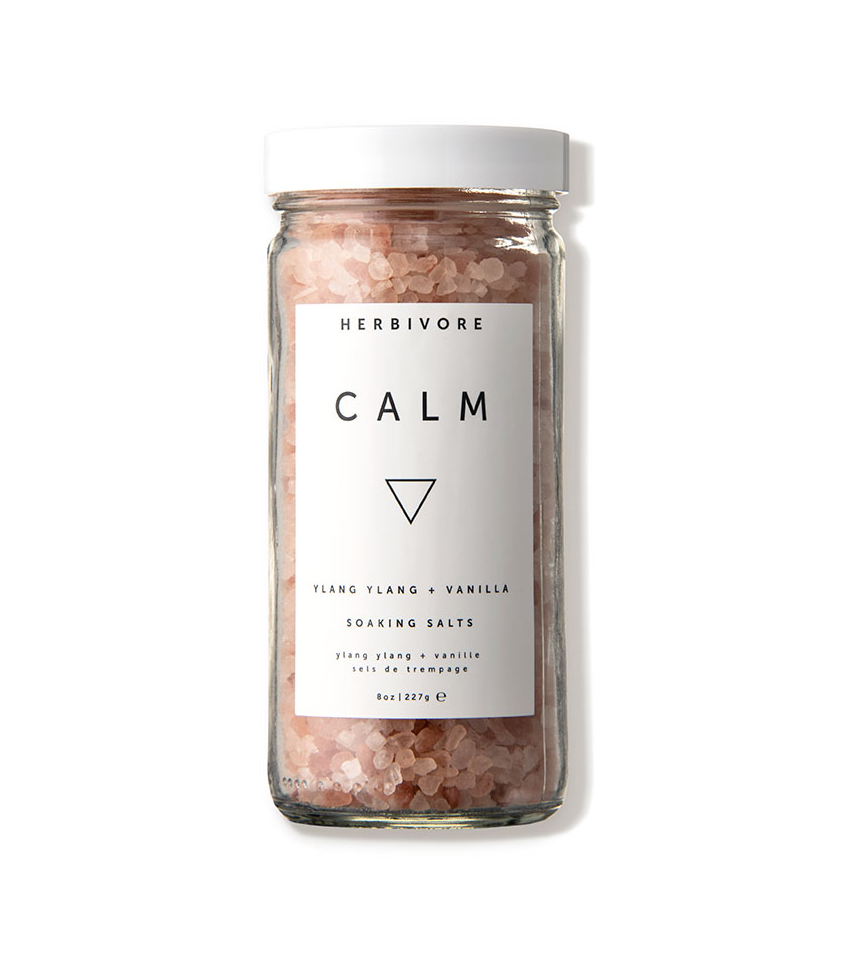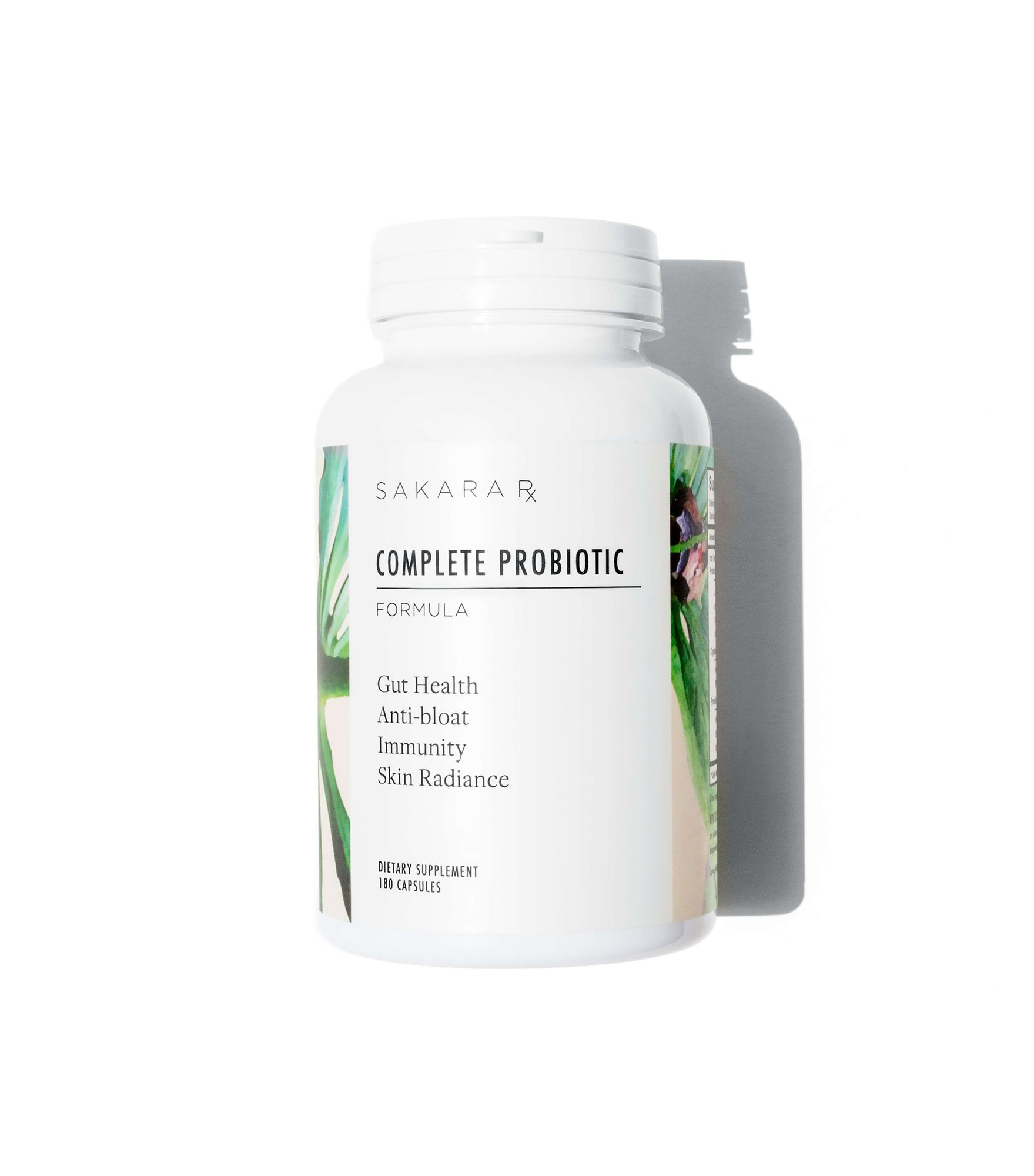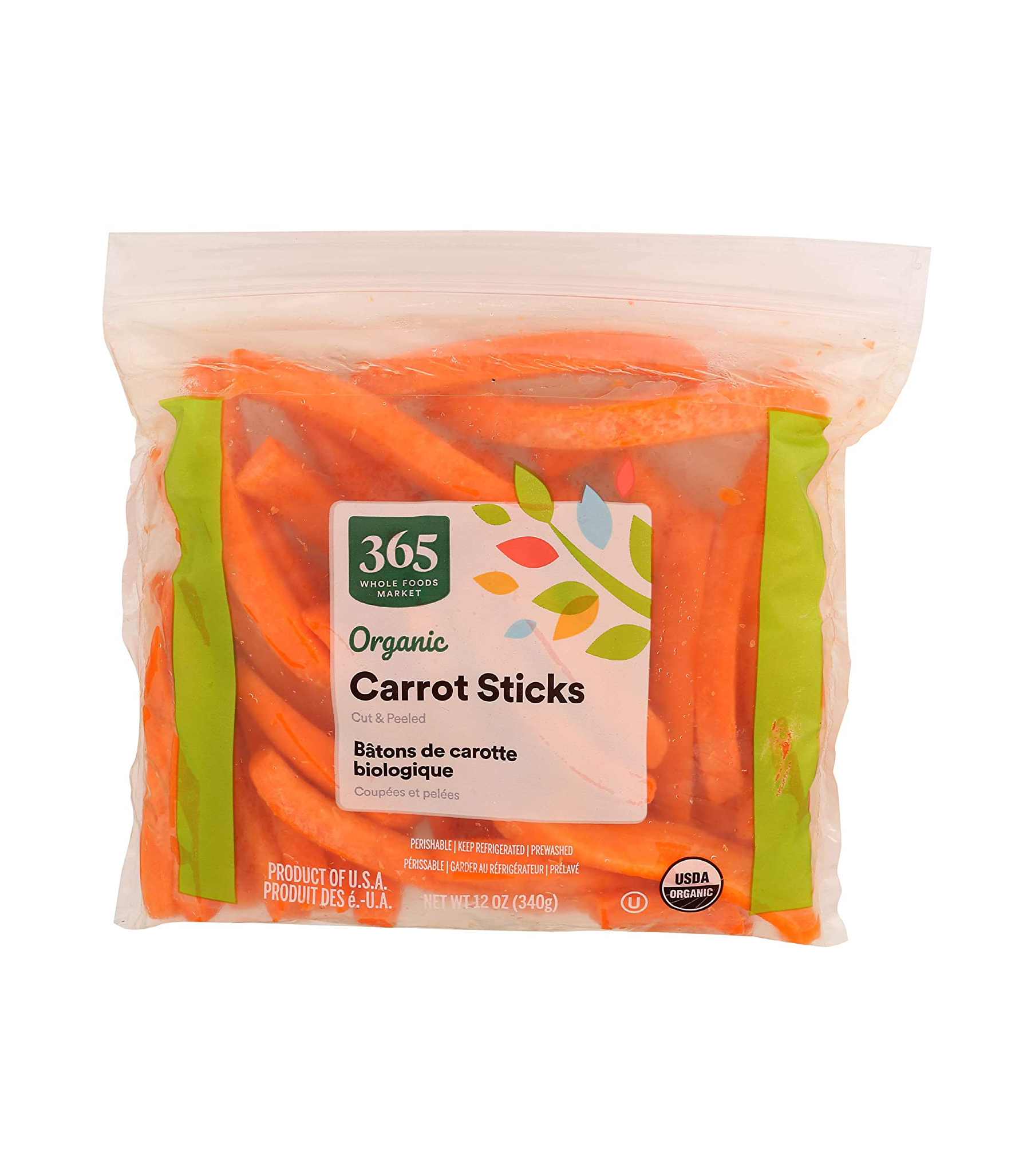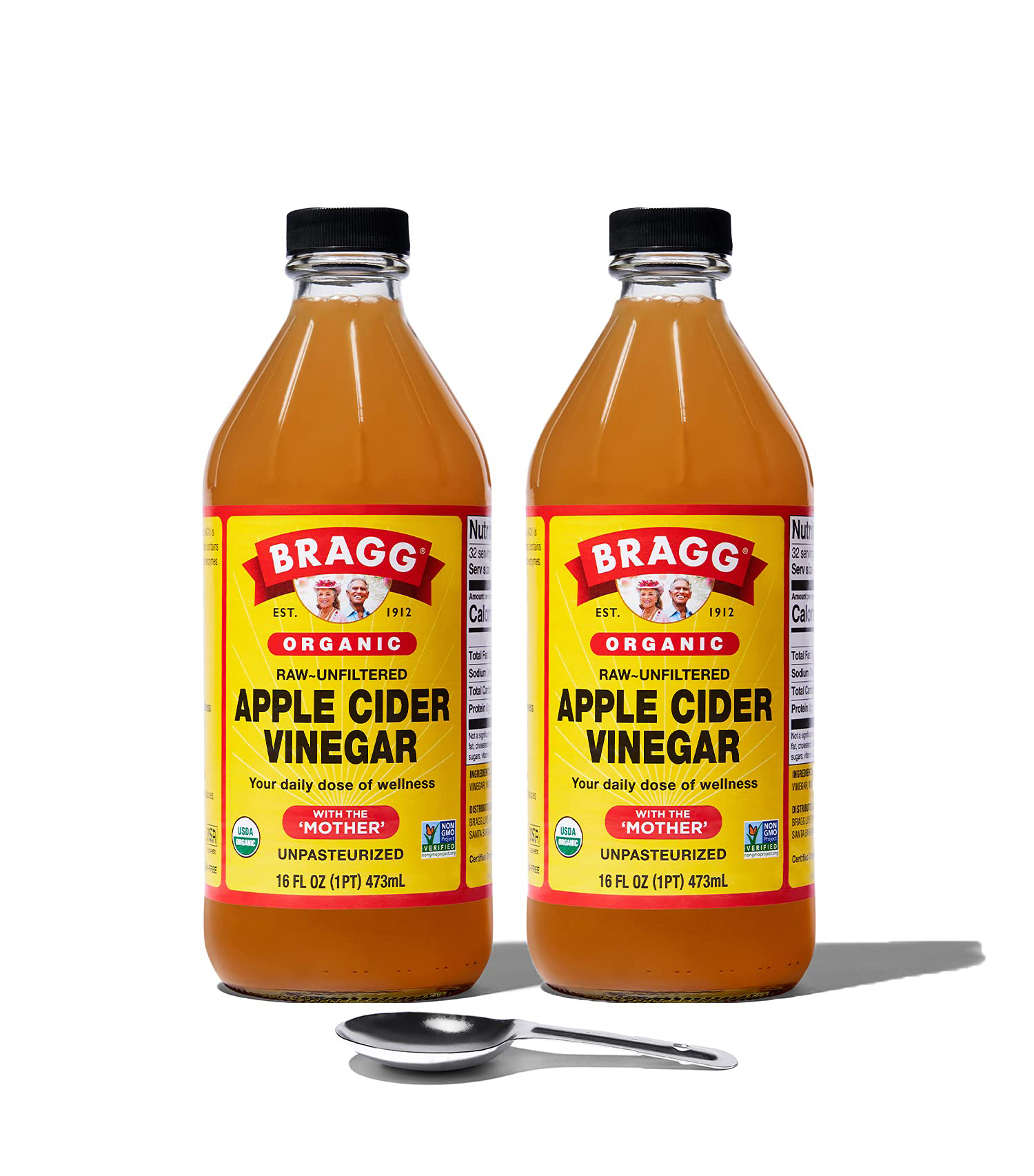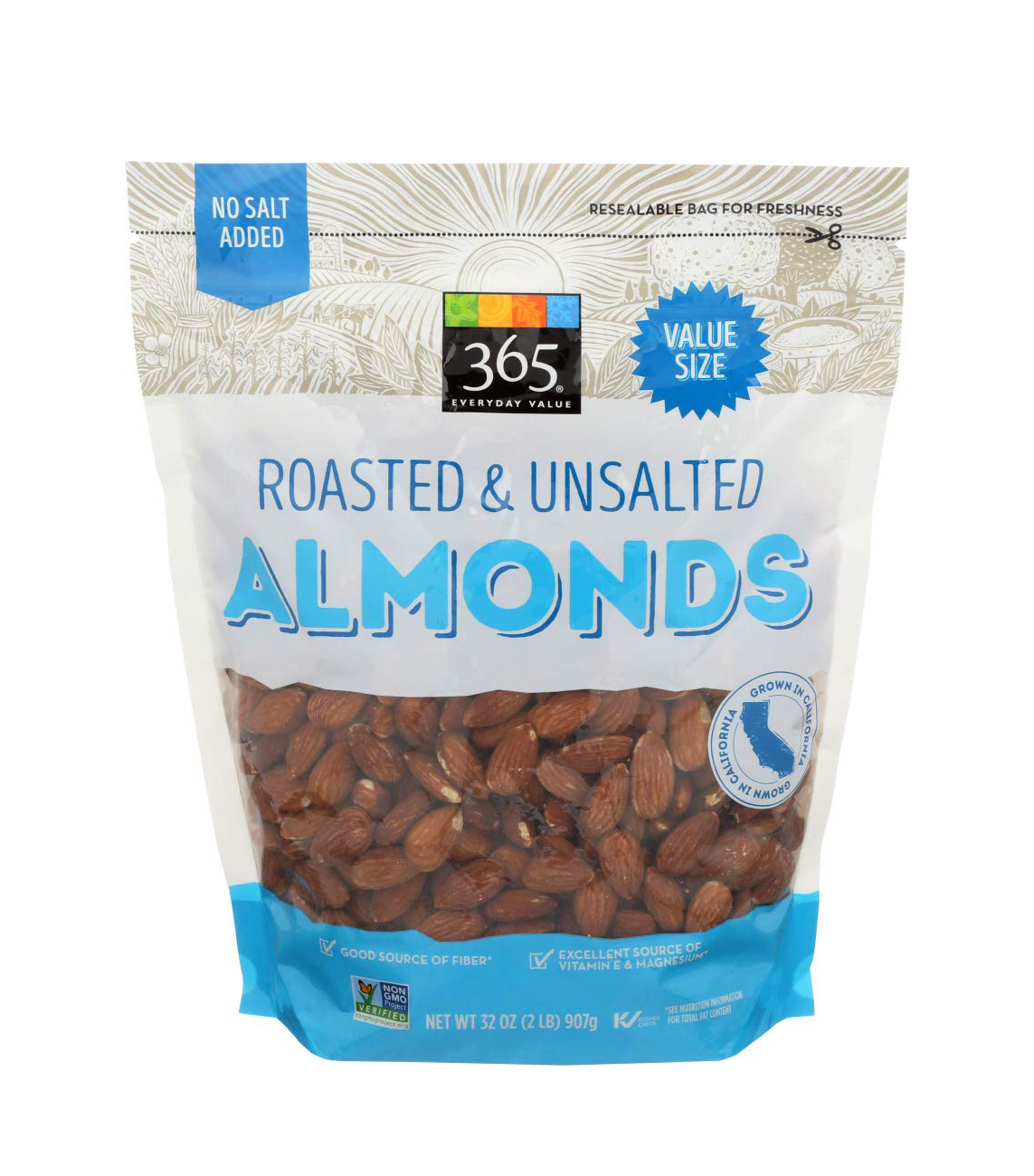8 Signs You Have an Unhealthy Gut

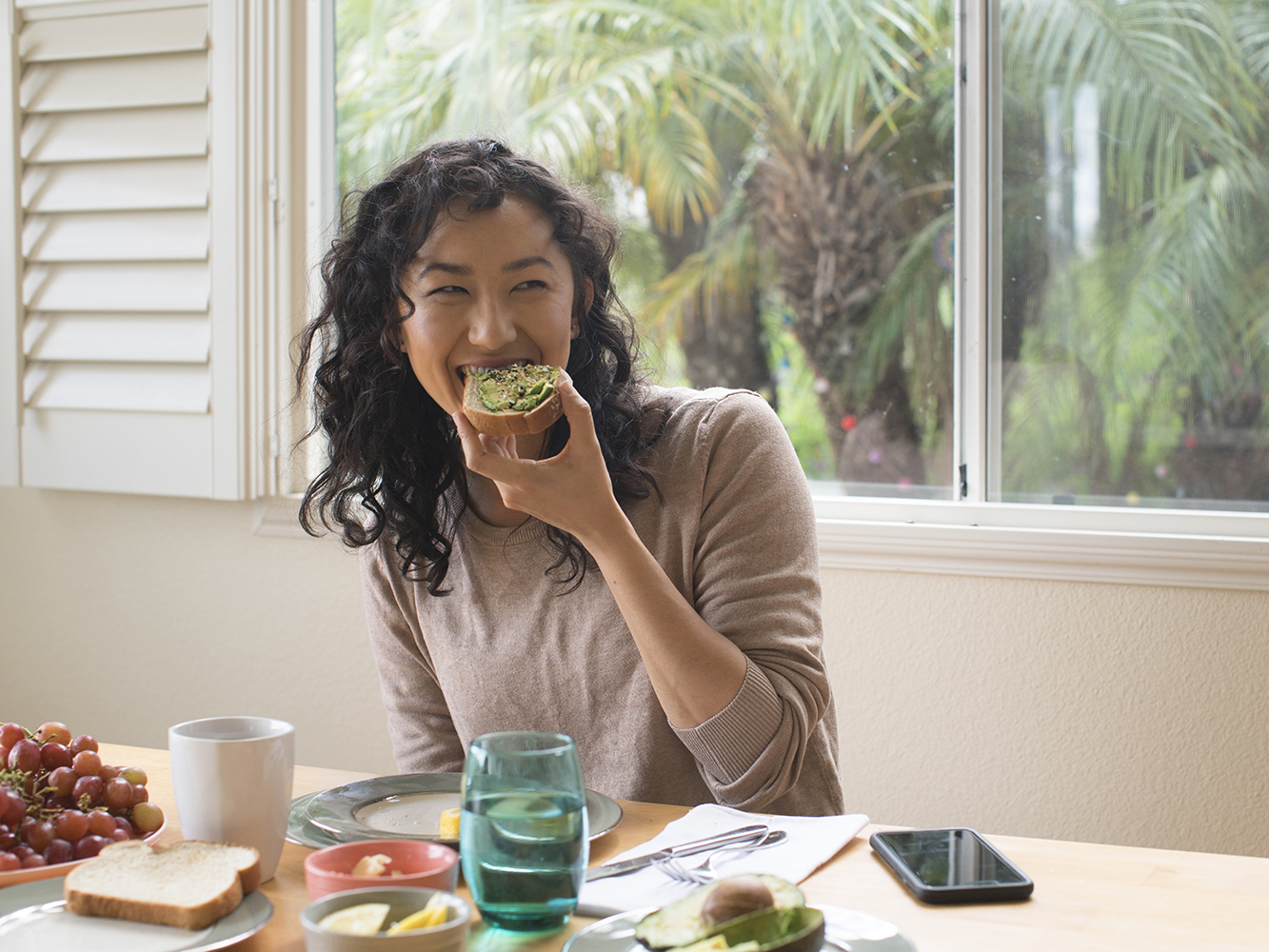
We know that a healthy diet equals glossy hair, clear skin, and loads of energy. According to nutritionists and holistic health experts, one of the most common—but still fairly unknown—reasons health-obsessed women don't enjoy all the benefits of their superfood-packed diet is because they have hidden gut health issues preventing those powerful (and expensive) ingredients from being absorbed.
Nutritionist, food blogger, and best-selling author Jessica Sepel explains that contrary to popular belief, you aren't what you eat—instead, you're what you absorb—and there are a number of signs that suggest you might not be fully absorbing all those $8 green smoothies. "The purpose of good digestion is to turn the food you eat into fuel for your body's cells," she explained, adding, "many people I meet have digestion issues [that can make] you feel fatigued, foggy, bloated, experience flatulence, endure nutritional deficiencies, constipation, diarrhea, reflux, weight gain and an inability to lose weight, cravings, low immune function, and hormonal imbalances."
The link between gut issues and those common symptoms aren't always obvious, so we're breaking down some of the most obvious signs of poor gut health and how to address them.
SIGNS OF POOR GUT HEALTH
1. You've been feeling down lately

By now we know there is a strong link between the gut and the brain. Have you ever felt upset, anxious, or stressed about something, and symptoms such as constipation, diarrhea, and bloating come along as well? Lee Holmes, author and nutrition coach says we now know gut issues could come first. "Researchers are learning that it can come the other way around and that the gut issues may also be causing those emotional feelings." In fact, recent research suggests the microbiome directly influences neurotransmitters in the brain, impacting the way that we think and feel.
One study found that taking prebiotics—a supplement that boosts healthy bacteria in the gut—may have an antianxiety effect. In fact, subjects who took prebiotics in the study had lower levels of cortisol, the stress hormone associated with both anxiety and depression. What's more is that our bodies also make serotonin, a hormone linked with happy emotions, in our gut, which Sepel says "could explain why many people with gut problems struggle with low moods and even depression."
2. You get sick often

"The immune system lies in the gut!" Sepel explained, and research proves she's right: A huge proportion (around 70%, 80%) of the immune system is in the gastrointestinal tract, and certain cells in your gut excrete huge amounts of illness-fighting antibodies into the body. Put simply: Having a healthy gut makes it less likely that you will develop an autoimmune condition or inflammation-related illness.
3. You are suddenly sensitive to certain foods

People with leaky gut become unwittingly more sensitive to certain foods. "Sometimes allergies or sensitivities can signify a leaky gut, meaning that your intestinal permeability is compromised and undigested food particles can make their way through the small holes and into the bloodstream," explains Holmes. At this stage, your immune system will mark these particles as foreign invaders and set off an immune response. If you keep eating these foods, your body will continue to react accordingly—which can be painful.
4. You're bloated all the time

According to Holmes, belly bloat is often caused by "excessive gas in the intestines." Basically, this happens because your body is struggling to digest certain food areas, such as protein and carbohydrates which leads to fermentation, excess gas, and an imbalance in gut flora can lead to symptoms of bloating. It could also signal an underlying condition, so it's worth chatting to a doctor if you're worried about constant bloating.
5. You have skin issues

Yes, your gut health can affect your skin. That's because the gut houses immune cells and important elements for detoxification, so a symptom related to a gut imbalance could appear as eczema, psoriasis, or acne.
6. You're Tired Often

If you're fatigued or have low energy more often than not, that might be tied to poor gut health. It can affect your sleep, too.
7. You have cardiovascular problems

Hypertension, high cholesterol, diabetes, heart disease, or autoimmune diseases could be traced back to poor gut health.
8. You have other digestive issues

Since we're talking about the gut, it makes sense that if it's not thriving, you'll experience some digestive issues. Some symptoms include constipation, irregular bowel movements, and even acid reflux.
HOW TO TAKE CONTROL OF YOUR GUT HEALTH
1. Reduce your stress levels

Meditate, take a bath, sleep more, stop over-exercising—whatever you need to do in order to reduce your stress levels, do it. "The gut basically freezes when you are stressed," Sepel warned. Research shows that stress also can make the gut more permeable, allowing more bacteria to cross what is known as the epithelial barrier (which has the important function of protecting the body from damage and dehydration), totally messing up the composition of your microbiome. This means stress can lead to inflammation-causing leaky gut, slow absorption of certain foods, and trigger other serious health issues. You don't want this, so make an effort to curb stress.
2. Eat probiotic-rich foods

Now more than ever we know about the impact probiotics can have on our overall mental and physical health. Your body contains trillions of bacteria, and the type and quantity of these micro-organisms in your gut can either prevent or encourage the development of different diseases. It can even alter your mood. To keep the ratio of good bacteria to bad bacteria tipped in your favor, take probiotic supplements and eat more probiotic- and prebiotic-rich whole foods. "Sauerkraut, kimchi, and kefir can found at most health food stores," Sepel suggests. Prebiotic foods like onions, garlic, dandelion greens, artichokes, and bananas are like food for good bacteria in your gut.
3. Start each meal with something raw
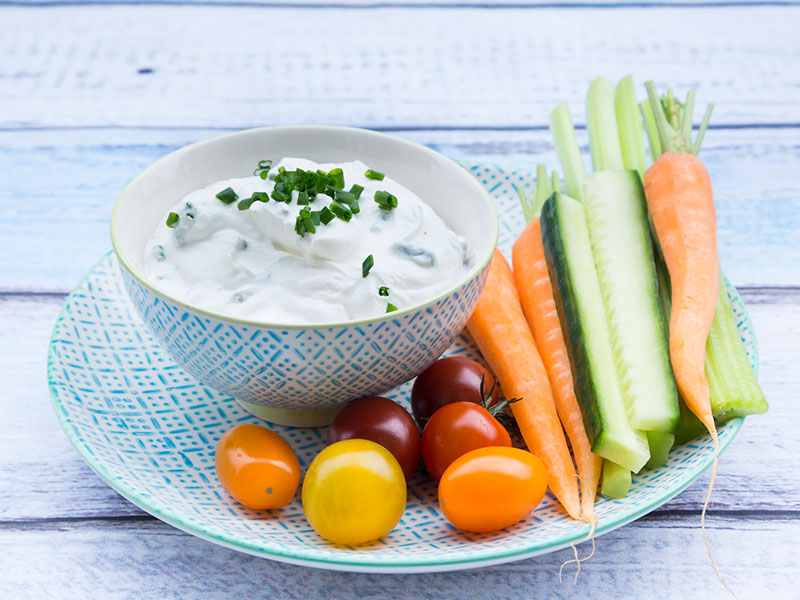
Eating something raw—even a celery stick or some carrots—can help fire up the digestive enzymes to help break down the rest of your meal. When you go out for dinner, try starting the meal with a raw salad.
4. Add apple cider vinegar to your diet
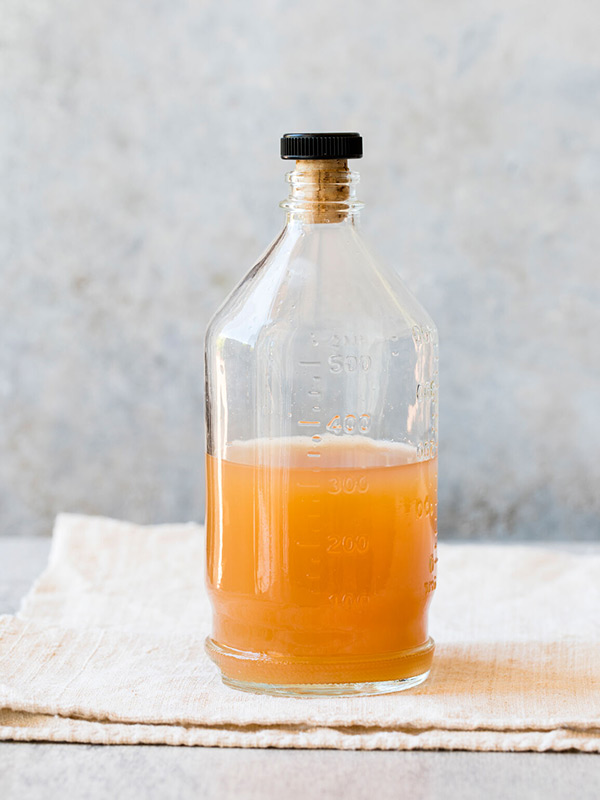
Simply adding one tablespoon of apple cider vinegar to your diet daily can help stimulate hydrochloric acid in your stomach for digestion. Try mixing a little in cold or warm water or pour over salads as a dressing.
5. Avoid raw nuts
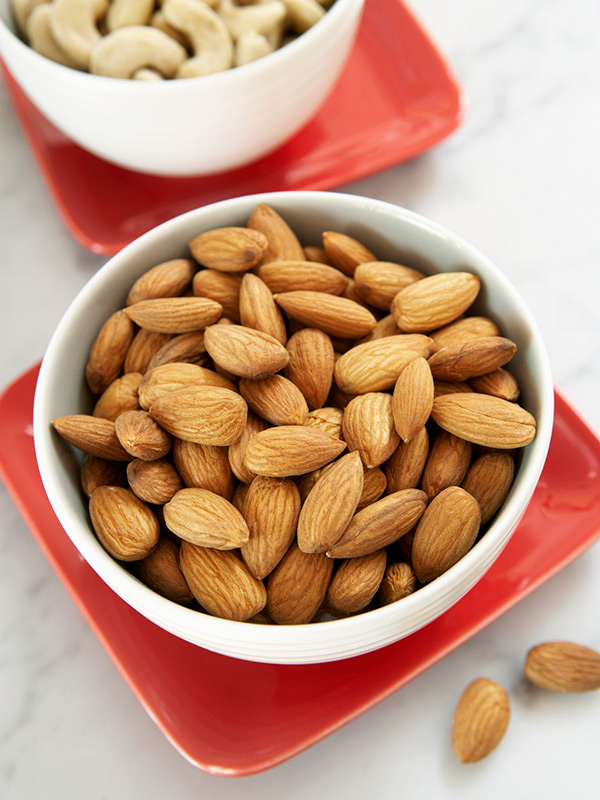
Adding nutrient-dense nuts to your diet is normally a great idea. That being said, Holmes recommends avoiding raw nuts, particularly if you suspect digestion issues. "Raw nuts can be harder to digest because of their tannin and phytate content. These compounds help protect the nut but can make them harder for us to digest, so err on the side of caution," she says.
6. Soak nuts, seeds, and grains before eating
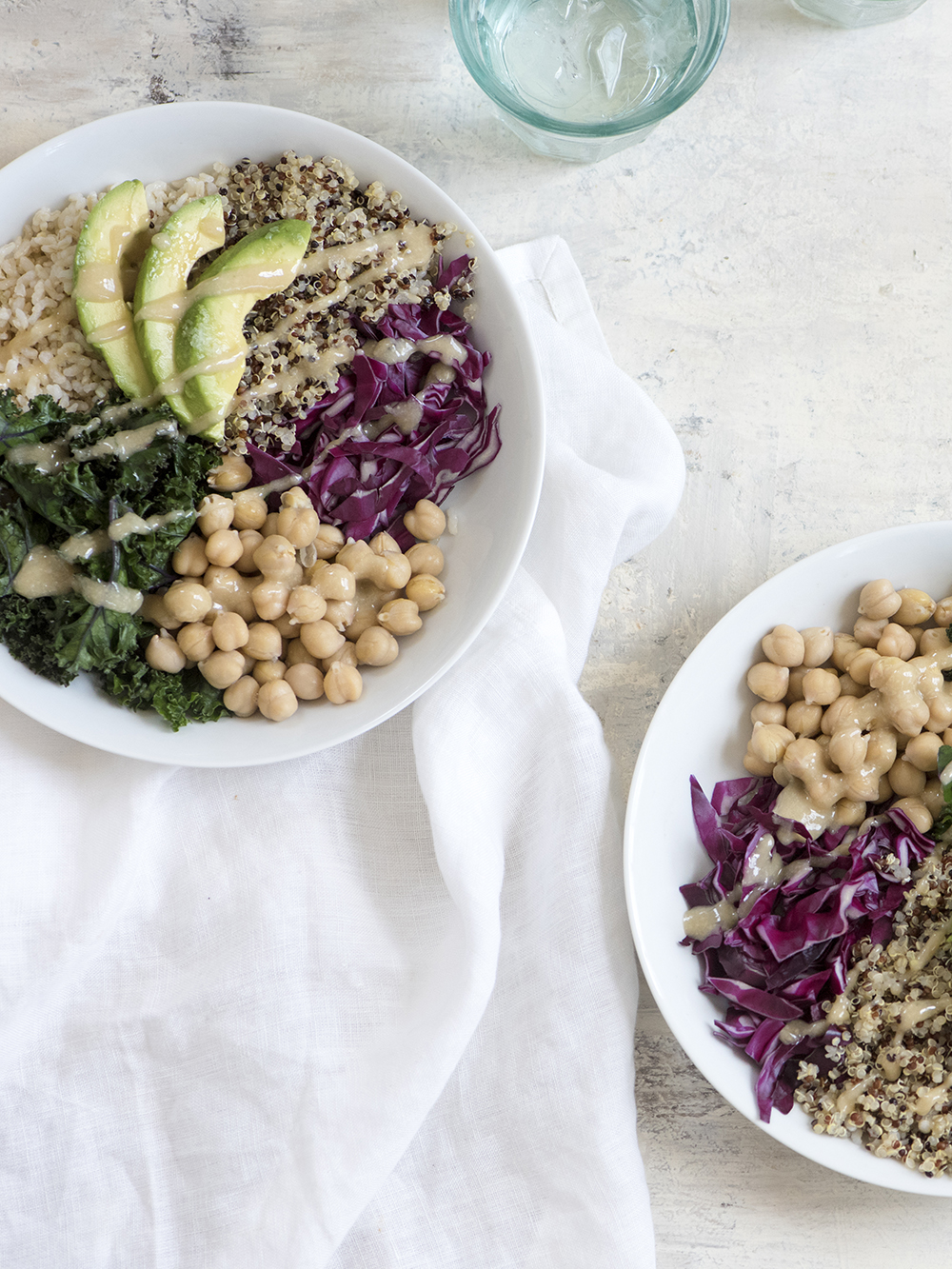
Soaking some foods before eating can make them easier to digest and for your body to absorb the good stuff. "Nuts, seeds, and grains are covered in phytic acid, which makes them difficult to break down and digest," Holmes explained. "I recommend soaking nuts, seeds, and grains before consumption. Or, if you're a little pressed for time (or just can’t really be bothered), you can opt for nuts and seeds that are already activated." The soaking process breaks down the phytic acid and allows them to become more "bioavailable," which basically means they become easier to absorb.
7. Test your gut health at home
There's an at-home test for basically every health concern now—and that includes your microbiome. If you're eating well and still feel average, it might be worth trying a DIY gut health testing kit.
Next: No Lie: These Vitamins Will Make Your Hair, Skin, and Nails Flawless
This article was originally published at an earlier date and has since been updated.
This article is provided for informational purposes only and is not intended to be used in the place of advice of your physician or other medical professionals. You should always consult with your doctor or healthcare provider first with any health-related questions.

Taylor Hill wears dewy makeup so well and blogger Sarah Ellen's got the short, voluminous, blonde hair I'll never have, but always want.
Who are your 5 favorite people to follow on Instagram?@mysticmamma, @sarahellen, @beigecardigan, @jshealth, @jasminedowling
What's the beauty essential you can’t live without?Jojoba oil.
What's your desert island album?Paul Kelly's Songs from the South. Google it.
